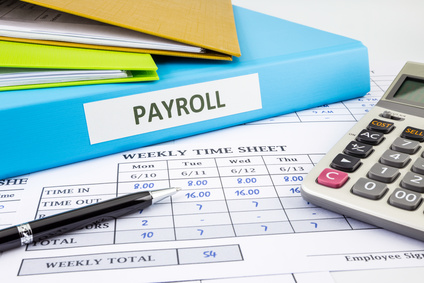 The new tax year starts on 6th April and with it comes changes to the tax rates and thresholds. Here is a quick round up of what this might mean for you.
The new tax year starts on 6th April and with it comes changes to the tax rates and thresholds. Here is a quick round up of what this might mean for you.
The new standard tax code will be 1185L giving a personal tax free allowance of £11,850 per year. That is £988 per month or £228 per week before tax is deducted.
Employees who earn less than £702 per month or £162 per week will not pay National Insurance (NI) contributions and neither will their employer.
Employers who have employees who are aged under 21 will not pay any NI Contributions on earnings over £702 per month although the employee will pay NI Contributions.
The £3,000 Employment Allowance is still available to employers to set against employer NI Contributions, although it is not available if you are the director of a company and the only employee.
SSP increases to £92.05 per week. This is payable on the fourth day of consecutive sickness with the first 3 days being unpaid. Employers must pay SSP even though it is no longer recoverable.
Statutory payments for parents (SMP, SPP, etc) has increased to £145.18 per week. 103% of this is recoverable from HMRC against PAYE due if you are a small business which paid less than £45,000 of Class 1 NI Contributions in the previous tax year.
There are two Student loan deduction plans now and it is important to know which one your employee is on. The deduction for both is 9% but for Plan 1 the deduction is made once earnings have reached £18,330 per annum and for Plan 2 the threshold is £25,000 per annum.
Visit our website for further information on the new rates for 2018-19 and for the new minimum wage rates which also take effect from April 2018.
Don’t forget the increase in auto enrolment pension contributions from April too.
Leave a Reply